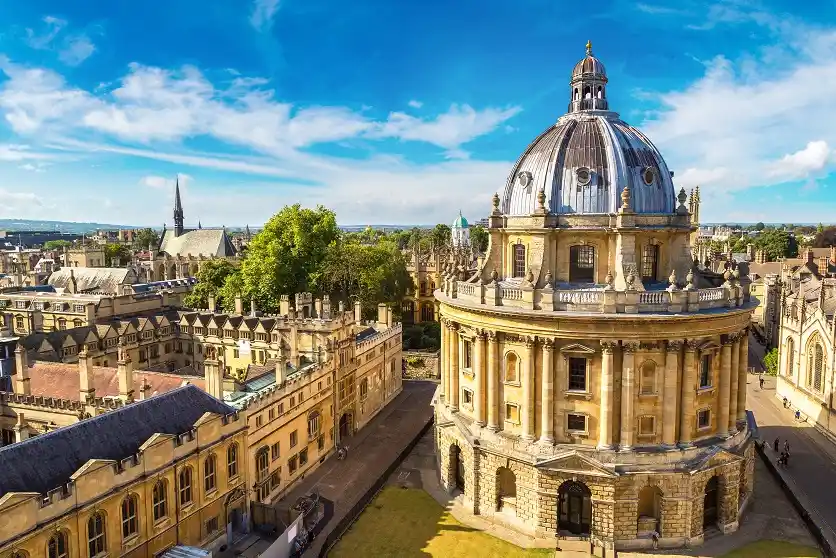Education in the UK is compulsory for all children aged 5 (4 in Northern Ireland) to 16. For children under five, publicly-funded nurseries and pre-schools are available. Primary education begins in the UK at age 5 and continues until age 11 (years 1 to 6).
From 11 to 16 years old children attend secondary school (years 7-11) completing with GCSEs (general certificate of secondary education) exams. Once students have completed their GCSEs, they have the choice to either move into further education (with a path to higher education) or vocational education. For students who do not pursue academic qualifications until the end of Year 13, these qualifications are roughly equivalent to the completion of high school in many other countries, or high school graduation in the United States and Canada.
